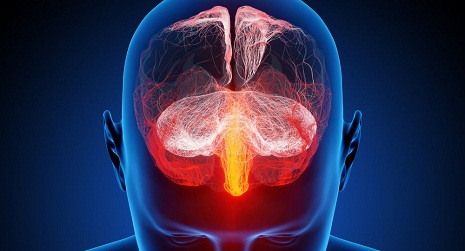Human Brain Project Has a Change of Heart

The HBP, which is funded with around €1 billion ($1.07 billion) from the European Commission [EC], aims to develop an information and communication technology (ICT) platform which will enable collaborative research on the brain worldwide, using modern supercomputing technology to integrate neuroscience data from around the globe into detailed reconstructions and simulations in order to understand the human brain and its diseases, develop treatments, and, ultimately, "to emulate its capabilities."
"Today, for the first time, modern ICT has brought these goals within reach," say those involved in the project, which has, however, been fraught with difficulties: an open letter sent in July 2014 with 800 signatories, including hundreds of leading neuroscientists, expressed concerns over the direction of the project. According to the letter, the HBP has "its focus on an overly narrow approach," which has resulted in a boycott from neuroscientists who refuse to join the project.
In June 2014, say the scientists, the HBP`s submission for a second round of funding from the EC "reflected an even further narrowing of goals and funding allocation, including the removal of an entire neuroscience subproject and the consequent deletion of 18 additional laboratories," as well as more departures of scientists from the project.
The letter further made a series of reform recommendations for the upcoming review of the project, arguing that the review panel should be made up of independent, "highly regarded members of the scientific community whose views reflect the diversity of approaches within neuroscience."
In October the HBP board commissioned a review from a panel chaired by Dr. Wolfgang Marquardt, director of the Jülich Research Center in Düren, Germany, who led two working groups of 30 international experts, both within the project and external, to make recommendations for the future of the project. Its recommendations, published for the press on Monday, reflect the concerns voiced last year by scientists, and include changes to the management of the project, which "should be entrusted to an independent organization to be established expressly for this purpose."
Also recommended was greater prioritization of its scientific activities in order to use funding more wisely. "Greater emphasis should be given, in particular, to the interdisciplinary development and testing of IT platforms for neuroscience and for clinical neurology and psychiatry and the demonstration of the value added, in particular in neuroscientific research processes," write the panel.
The HBP board, which in February announced it was disbanding the three-person executive committee that was running the project, is due to meet on 17 March to make a decision on the proposals from the working groups.
The Human Brain Project was selected in January 2013 after a funding contest as one of two flagship projects of the EC`s Future and Emerging Technologies program, along with the Graphene project, which aims "to take graphene from the realm of academic laboratories into European society in the space of 10 years," and also has a budget of €1 billion.















































